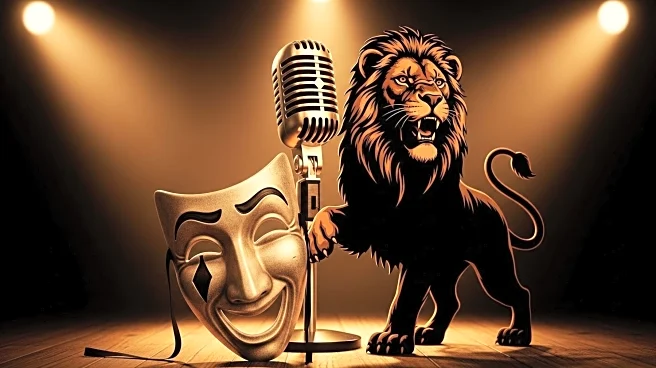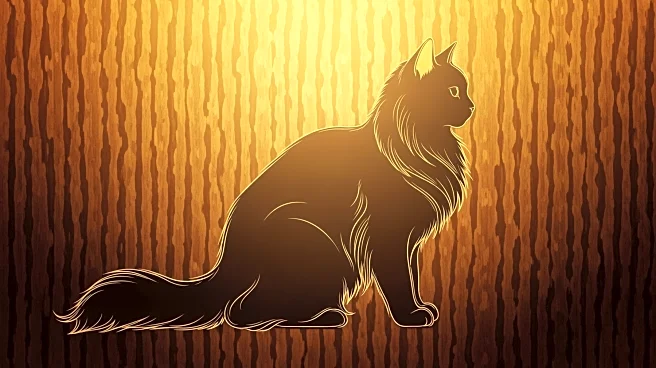What's Happening?
John Cleese, renowned British comedian and co-creator of 'Monty Python' and 'Fawlty Towers,' has publicly criticized the BBC for being 'cowardly' in its approach to comedy, particularly in relation to 'woke' culture. In an interview with The Radio Times, Cleese expressed frustration with the BBC's reluctance to offend, claiming that a significant portion of comedy is sidelined due to executives' fear of backlash. Cleese's comments follow a meeting with the BBC where his ideas were rejected, and he described a senior BBC commissioner as a 'clown.' Despite the BBC's recent comedy successes, Cleese remains critical of its leadership and creative direction.
Why It's Important?
Cleese's critique of the BBC highlights ongoing tensions between traditional comedy and modern cultural sensitivities. As media organizations navigate the complexities of 'woke' culture, they face challenges in balancing creative freedom with audience expectations. Cleese's remarks underscore the broader debate about the role of comedy in society and the impact of cultural shifts on creative expression. The BBC's approach to comedy could influence its reputation and viewership, as well as set precedents for other media outlets grappling with similar issues.
Beyond the Headlines
Cleese's comments reflect a deeper cultural and ethical debate about the boundaries of comedy and the influence of 'woke' culture on media. The tension between creative freedom and cultural sensitivity raises questions about the future of comedy and its ability to challenge societal norms. As media organizations strive to remain relevant and inclusive, they must consider the implications of their content decisions on diverse audiences and the creative community.










